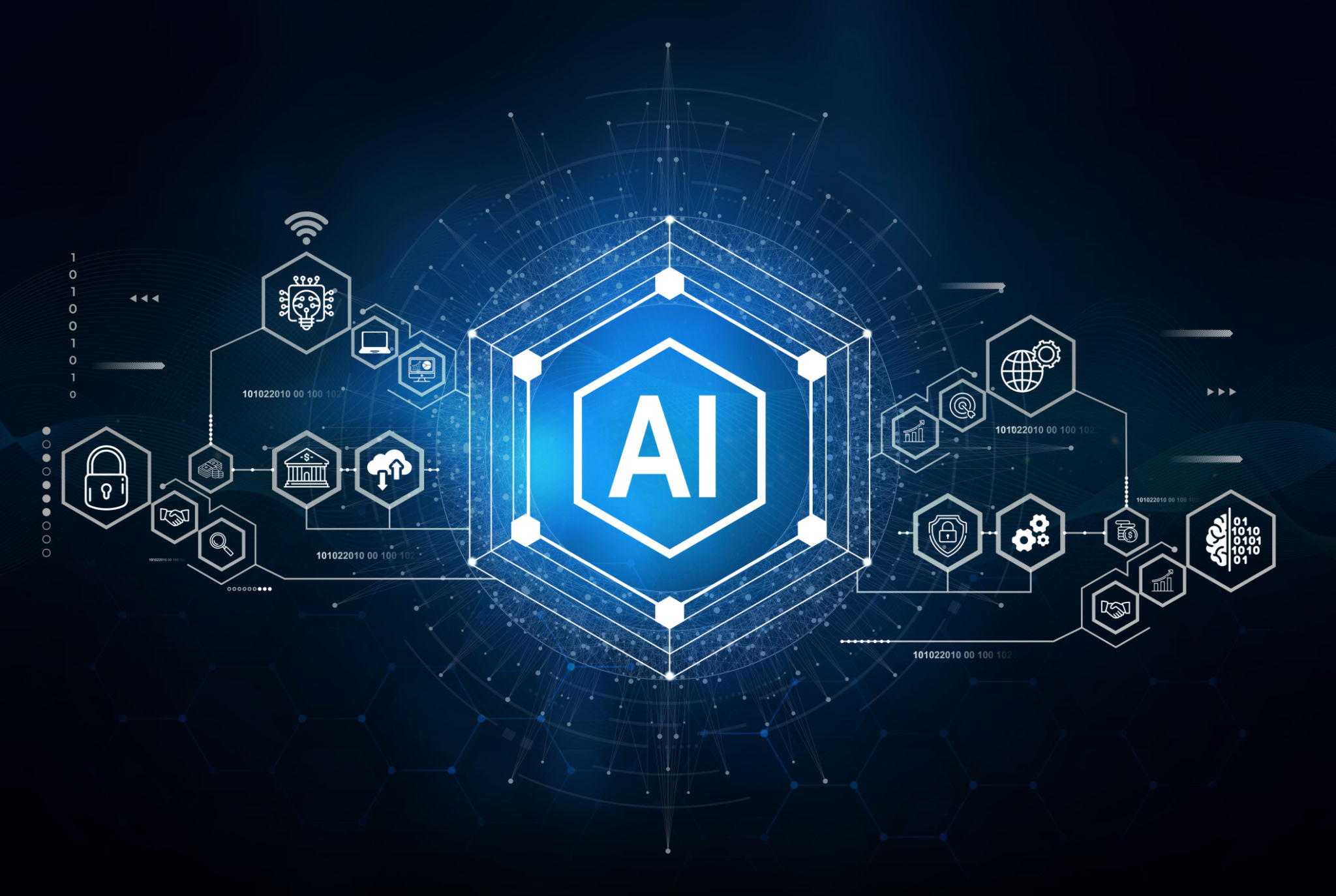Creating Custom AI Models for Your Industry: What You Need to Know
Understanding the Basics of Custom AI Models
Artificial Intelligence (AI) has become an integral part of many industries, revolutionizing the way businesses operate. However, off-the-shelf AI solutions may not always meet the unique demands of every industry. This is where custom AI models come into play. By tailoring AI models to specific industry needs, businesses can gain a competitive edge, improve efficiency, and drive innovation.

The Importance of Customization
Customization in AI models allows businesses to address specific challenges and optimize processes in a way that generic models cannot. Custom AI solutions can be designed to focus on particular data types, industry regulations, and business goals. This level of personalization ensures that the AI model is not only more effective but also more aligned with the company’s strategic objectives.
Steps to Create a Custom AI Model
Creating a custom AI model involves several key steps. Understanding these steps can help businesses effectively implement AI solutions tailored to their needs:
- Define Objectives: Clearly outline what you aim to achieve with the AI model.
- Data Collection: Gather relevant and high-quality data that will serve as the foundation for your model.
- Model Training: Use the collected data to train your AI model, ensuring it learns accurately and efficiently.
- Testing and Validation: Rigorously test the model to ensure reliability and accuracy before deployment.

Choosing the Right Tools and Technologies
Selecting the right tools and technologies is crucial in building a custom AI model. Depending on the complexity of your project, you might need advanced software, hardware, or cloud solutions. Popular frameworks like TensorFlow, PyTorch, and tools like Jupyter Notebooks can significantly aid the development process. Ensure your team is well-versed in these technologies or consider hiring experts who can guide you through the technical aspects.
Industry Applications of Custom AI Models
Custom AI models are making a significant impact across various industries. In healthcare, they assist in diagnosing diseases with greater accuracy. In finance, they enhance fraud detection. Retailers use them for personalized marketing strategies, while manufacturers employ them for predictive maintenance. These applications demonstrate how tailored AI solutions can address specific industry needs effectively.

Challenges and Considerations
While the benefits of custom AI models are substantial, there are challenges to be aware of. Developing these models requires significant time and resources. Additionally, ensuring data privacy and meeting regulatory requirements can be complex. Businesses must also prepare for continuous updates and maintenance of the AI system to keep it relevant and effective.
Future Trends in Custom AI Models
The future of custom AI models is promising, with advancements in machine learning algorithms and increased accessibility of AI technologies. As more industries recognize the value of personalized AI solutions, we can expect more innovative applications to emerge. Keeping abreast of these trends will be essential for businesses looking to maintain a competitive edge.
Conclusion: Is a Custom AI Model Right for You?
Deciding whether to invest in a custom AI model depends on your specific business needs and objectives. If you face unique challenges that generic solutions cannot address, a tailored AI approach may be beneficial. Carefully consider the potential ROI and weigh it against the investment required to ensure it aligns with your long-term goals.
